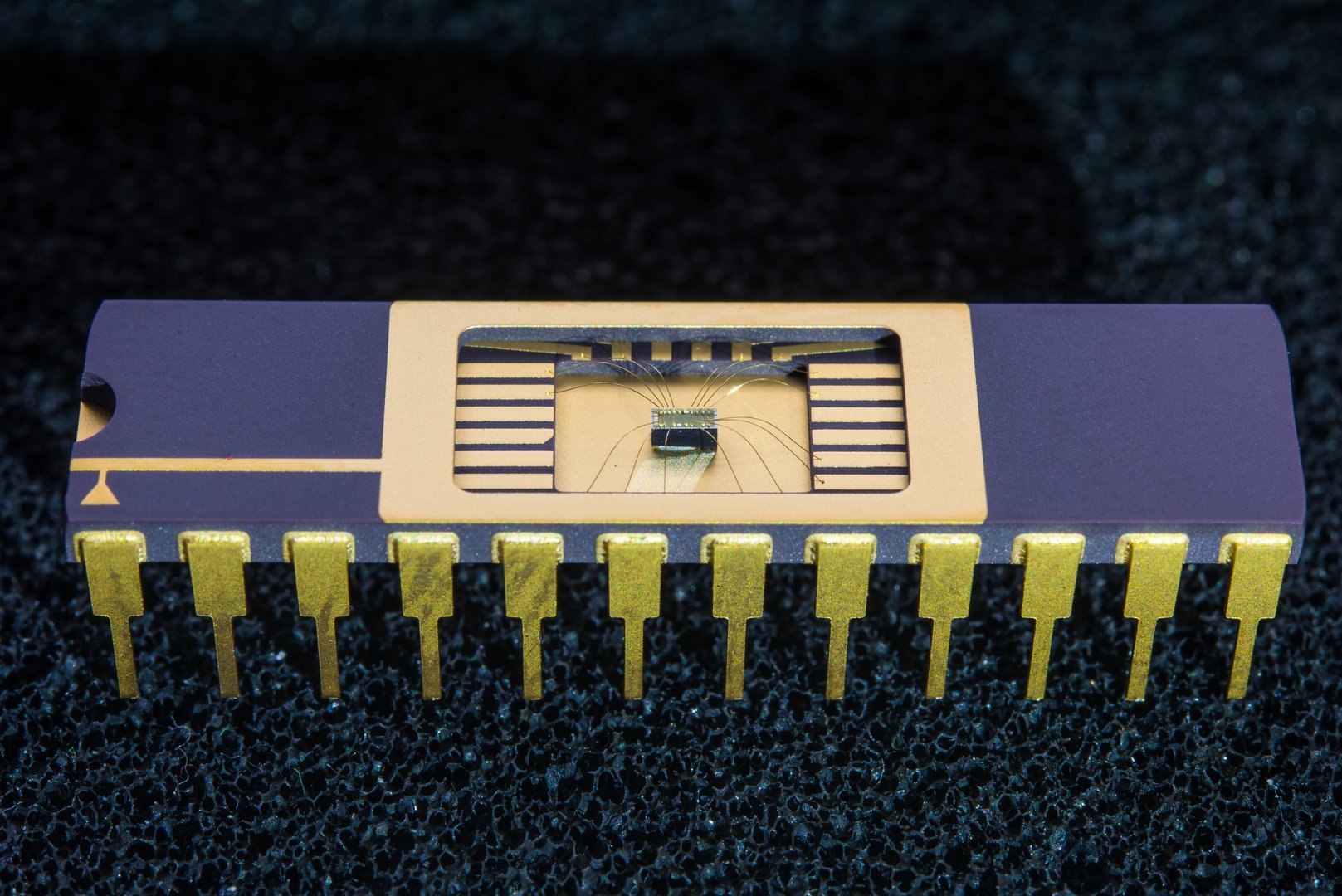Forschungszentrum Jülich, RWTH Aachen University, and the IHP – Leibniz Institute for High Performance Microelectronics are pooling their complementary expertise in the field of semiconductor and quantum technologies. They intend to work together in an open-ended collaboration on the development of scalable semiconductor quantum bits (qubits) that will make it possible to achieve quantum computers with millions of qubits.
Quantum computers hold enormous potential, for example to speed up the search for materials and medical agents or to solve logistics problems. However, one question that has not yet been resolved is how large quantities of quantum bits, or qubits for short, can be realized. Qubits are the elementary building block of any quantum computer. For many applications, however, an enormous number of them is needed. Semiconductor qubits offer several advantages in this respect. To manufacture them, the usual processes from established semiconductor production at IHP could be used.
Quantum chips with semiconductor qubits have recently seen rapid development. The approach has now reached the quality level of other platforms, proving to be significantly less sensitive to external disturbances such as thermal radiation or even cosmic particles. For the next challenge, namely the realization of larger, scalable quantum circuits, Forschungszentrum Jülich, RWTH Aachen University and IHP are collaborating in several projects - QUASAR, QLSI, SiGeQuant - to bring such semiconductor-based quantum bits further towards application. An important joint industrial partner is Infineon Technologies AG, the largest semiconductor manufacturer in Germany.
The agreement is intended to consolidate this cooperation, partly by setting up a mutually operated so called Joint Lab. IHP will contribute its expertise in the growth of heterostructures and in qubit fabrication on the basis of Ge/SiGe and Si/SiGe compounds. Complementary to this, Forschungszentrum Jülich and RWTH Aachen University have proven expertise in the field of device conceptualization, characterization and qubit demonstration within the framework of the joint JARA Institute for Quantum Information.




